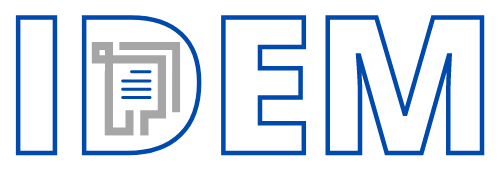Call for Papers
Special Issue of „Ethik in der Medizin”
Ethical Issues in Genomic Newborn Screening
Guest Editors: Eva Winkler, Sascha Settegast
Since the 1960’s, many countries routinely have been testing their newborns for a number of rare diseases in order to improve the health outcomes for affected children through early detection and treatment. With recent advancements in high throughput DNA sequencing and in the bioinformatic evaluation of gene variants, complementing established newborn screening with a routine genome analysis looks like an increasingly realistic possibility. Genomic newborn screening (gNBS), which would consist in directly testing for disease-associated gene variants, potentially could enable us to detect, predict, and treat hundreds of additional rare diseases, among them many not identifiable by current methods. Yet, this prospect also raises significant ethical questions, made urgent by the fact that gNBS pilot studies are already underway in the US and the UK.
To address these questions, our interdisciplinary research group NEW_LIVES: Genomic Newborn Screening Programs – Legal Implications, Value, Ethics, and Society ( http://gnbs.ukhd.de), situated at the Universities of Heidelberg and Mannheim and funded by the German Federal Ministry of Education and Research, is calling for papers on the ethics of genomic newborn screening.
Possible topics for consideration:
- ethical and legal issues surrounding the selection of target diseases
- challenges of informed consent and parental guardianship
- uncertainty and risk in predictive testing, decision-making, and genetic counseling
- concerns around genomic data generation, storage, and secondary use
- the best interests of the child in the gNBS context
- implications of the right not to know, to an open future, and to privacy
- genomic testing and its implications for the (wider) family
- equity and diversity issues in gNBS implementation
- gNBS as a Learning Healthcare System
Submission Information:
Papers can be in English or German and should not exceed a length of 40,000 characters (excluding spaces, but including footnotes, bibliography). Papers may include empirical data but only in service of arguing for an overarching normative or ethical point – purely descriptive or empirical papers cannot be accepted. Submission deadline for a complete draft is 15 October 2024. The special issue is scheduled to appear in September 2025.
Please submit an Abstract for your paper suggestion until 15 June 2024 to: sascha.settegast@phil.uni-halle.de
You will be notified regarding the acceptance of your abstract asap. Once your abstract is accepted, the submission deadline for a complete draft of the paper is 15 October 2024.
